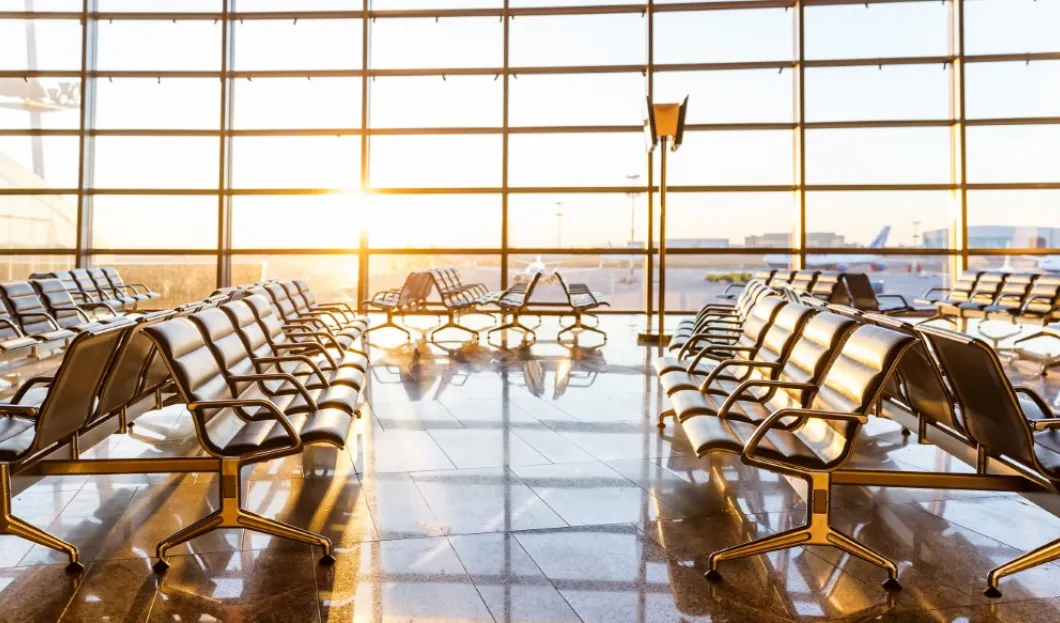
Travel warnings, empty airports, closed hotels: the Coronavirus pandemic has hit the tourism industry as hard as no other. Recently Tourism Review reported about the current dire situation of the airline industry. And while their situation continues to worsen day by day, there are numerous other sectors in the tourism industry that are also in the midst of a deep crisis and are taking measures to try to regulate the potential losses caused by the pandemic crisis.
TripAdvisor and Airbnb cutting staff
Not long-ago TripAdvisor announced that more than 900 employees, i.e. around a quarter of the workforce, will be dismissed. The job cuts will affect 600 people in the USA and Canada and another 300 in offices located around the world, including the management. In addition, the number of currently operating 52 offices around the world is to be reduced. The permanent workforce is also affected. For many, a 4-day working week was introduced, which in turn means 20 % less in wages.
Airbnb are dealing with similar issues. According to Reuters, the company is letting go around 25% of its entire workforce due to the Coronavirus crisis – around 1900 people. The housing rental platform is feeling the travel restrictions greatly and stopped all marketing activities in March to save $800 million. In addition, the founders waived their salary for 2020 and the top management accepted a 50% wage cut.
Airlines and airports continue counting losses
But moving back to airlines – clearly, the most affected by the worldwide travel restrictions – their situation is not rosy at all.
For example, Thai Airways have applied to the Thai government for a loan of 58.1 billion baht (about $1.8 billion). The state owns 51% of the airline’s shares. According to Reuters, the bailout plan subject to the loan envisages restructuring the airline and reducing the fleet. If the loan is not granted, Thai Airways will run out of money. However, it is likely not going to happen, as the Thai Prime Minister insisted that “this is a company that we must support and this is the last chance to do it effectively and to prevent greater harm”.
South African Airways are also at their end credits. The South African Ministry of State Enterprise has announced that the old airline will liquidate, and a new national airline is planned. The government wants it to be smaller and, in particular, more profitable. To this end, private investors are currently being sought, although the state will continue to play a key (financial) role. So far, there is no schedule and further details for the restart.
With regards to airports, the situation is similarly poor. The second-largest airport in Paris, Paris-Orly, will not open again until 2021. The little remaining traffic from Orly will be transferred to the Charles-de-Gaulle Airport.
The situation is similar in the Greater London area: Gatwick airport now has to cope with the departure of Virgin Atlantic to the main London Heathrow airport. Virgin Atlantic have cut 3000 job places (around 30%) in the struggle for survival and are withdrawing from Gatwick. That alone would be manageable for Gatwick, but British Airways have also said that they could withdraw from the airport. As a precaution, the Gatwick North Terminal will remain closed until the end of the year.

Digital experiences on the rise
In terms of technology, the Finns are at the forefront and may now benefit greatly from it. The Virtual Helsinki platform has been around since 2018 and it enables the Finnish capital to be experienced very realistically in 3D using VR glasses from the comfort of your home.
During the Coronavirus crisis, the platform has been used as a special form of socializing. For example, the Finnish band JVG broadcasted their concerts via the platform. Individuals could participate live, for example as an avatar, and could even interact with the band. Almost half a million people actively participated in the virtual concert.
“The tourism industry has to reinvent itself, and although technology cannot replace a real visit, there are numerous opportunities here for destinations that should increasingly experiment with digital platforms,” explains Mikko Rusama, the chief digital officer at the Helsinki city authorities.
It is about offering an alternative form of experience, not about replacing the real-life visit. Ideas include virtual art exhibitions, reenactments of historical events in virtual space, virtual shopping and more. Digitalization is already heavily used also in other countries, for example, many travelers visit the Alps virtually.










Hard hit by the coronavirus crisis, the German group TUI, the world's leading tour operator, has announced the elimination of 8,000 jobs worldwide, more than 10% of its workforce.